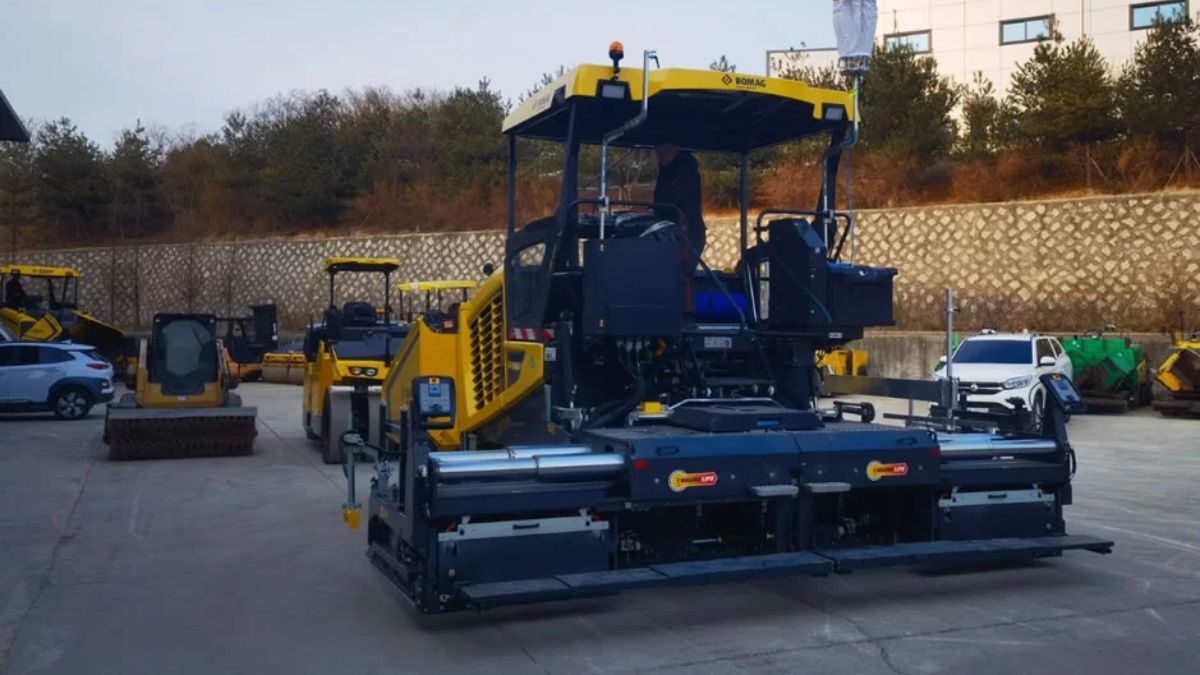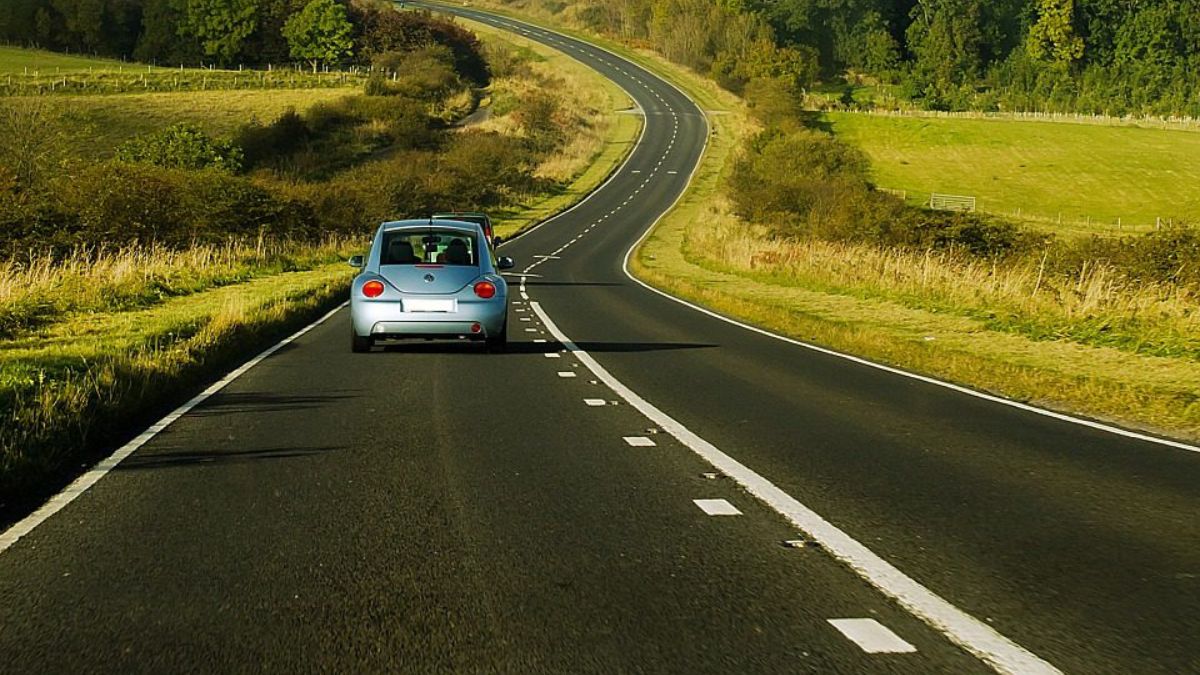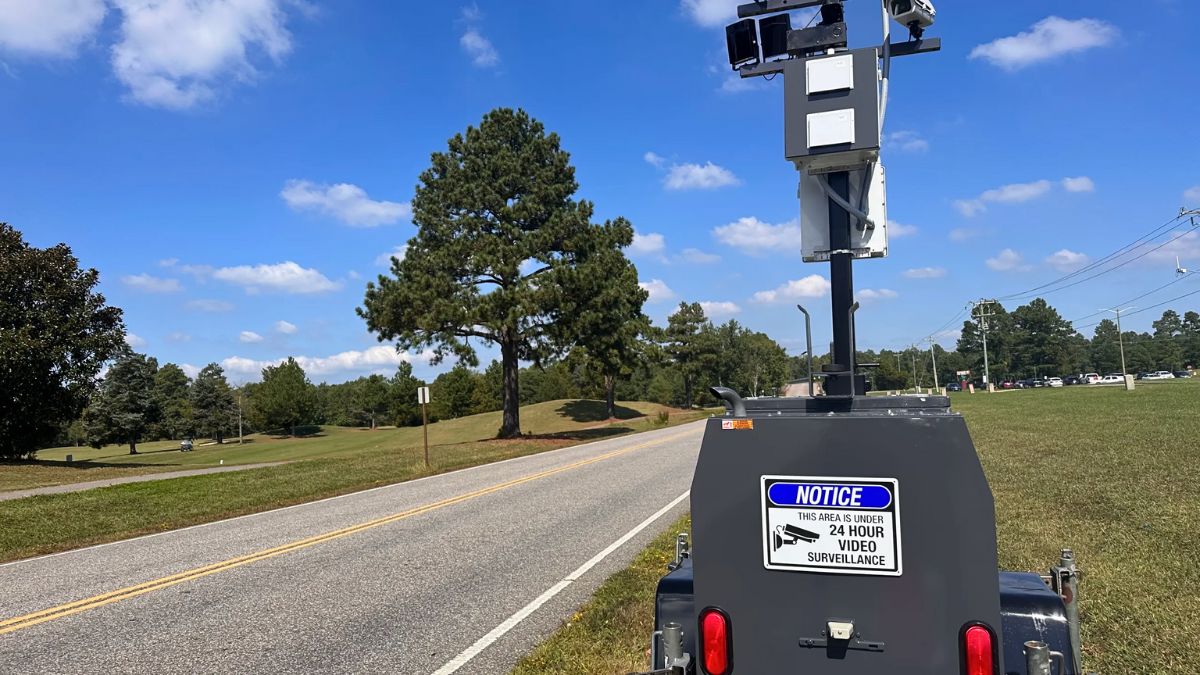When you think about car performance, your mind probably goes straight to engines, tires, or suspension. But what about the pavement beneath your wheels? Believe it or not, the condition of the road plays a major role in how your car performs—affecting everything from fuel efficiency to ride comfort and even long-term maintenance. Let’s cut into how pavement quality impacts your car more than you might expect.
Smoothness
A smooth road isn’t just a luxury—it’s a performance booster. When your tires roll over an even surface, there’s less vibration, better traction, and improved steering control. On a well-paved road, your car uses less energy to move forward, which leads to better fuel economy.
Bumpy or cracked roads create constant resistance and force your car’s suspension to work harder. That doesn’t just make for an uncomfortable ride—it can also lead to faster wear and tear.
Tire Wear
Poor pavement is rough on your tires. Potholes, cracks, and uneven surfaces cause your tires to flex more, which accelerates tread wear. Repeated impacts can also throw off your alignment, leading to uneven tire wear. In extreme cases, hitting a sharp pothole at the wrong angle can cause a blowout.
Replacing tires isn’t cheap, so driving regularly on bad roads means you’re likely spending more on tire replacements over time.
Suspension
Your suspension system takes a beating every time you hit a pothole or dip in the road. The shocks, struts, and control arms are designed to absorb some movement, but constant exposure to rough pavement wears them down quicker than normal.
If your ride feels bouncier than usual or you hear clunking noises, poor pavement might be the culprit. And when suspension parts wear out, handling suffers, which can make your car less safe to drive.
Fuel Efficiency
Yes, the pavement affects how much gas your car burns. On rough roads, your vehicle uses more energy to maintain speed and stability. That added resistance forces your engine to work harder, which increases fuel consumption.
Smooth pavement reduces rolling resistance, which means better mileage per gallon. Over time, especially for daily commuters, that adds up to real savings at the pump.
Braking
Good pavement gives your tires more consistent contact with the surface, which is key when braking. Uneven or damaged pavement can reduce your car’s ability to stop quickly. That’s especially dangerous in emergency situations where every inch counts.
On wet or icy roads, poor pavement makes braking even riskier. Cracks and dips can collect water or ice, increasing your stopping distance and the chance of skidding.
Noise and Comfort
Bad roads don’t just affect your car’s mechanics—they affect your sanity. Rough pavement causes more cabin noise, rattles, and vibrations. Over long drives, that adds up to a more tiring, less pleasant experience.
A smoother ride isn’t just about luxury—it means your car is performing more efficiently and is under less strain. In other words, better pavement makes every drive feel easier.
Long-Term Costs
Driving on poorly maintained roads doesn’t just hurt in the moment—it costs you down the line. Repairs from pothole damage, faster tire replacements, and worn-out suspension parts all hit your wallet. Keeping roads in good shape is not just about comfort or appearance—it’s about saving drivers money and keeping cars in better shape for longer.
Next time you notice a freshly paved road, appreciate more than just the quiet ride. Your car is running more efficiently, your tires are wearing evenly, and you’re probably saving fuel too. Pavement quality matters—a lot more than you think.
FAQs
Does bad pavement damage tires?
Yes, rough roads cause uneven wear and possible blowouts.
Can poor roads reduce fuel efficiency?
Yes, rough surfaces increase resistance and fuel use.
Is suspension affected by pavement quality?
Absolutely, rough roads wear out suspension faster.
Why does my car rattle on some roads?
Poor pavement causes more cabin vibration and noise.
Do smooth roads help with braking?
Yes, they improve tire grip and reduce stopping distance.

















